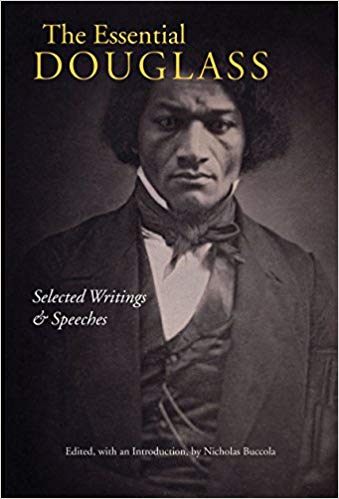In addition to a thoughtful selection of the essays, speeches, and autobiographical writings of Frederick Douglass, this anthology provides an illuminating Introduction; a timeline of Douglass' life; footnotes that introduce individuals, quotations, and events; and a selected bibliography.
PRAISE
“For years I have wanted a compact, carefully edited collection of Frederick Douglass’ writings and speeches spanning his whole career—from the antebellum years to the Civil War and Reconstruction to the retreat from racial democracy in the 1870s, ‘80s, and ‘90s. Finally, in Nicholas Buccola’s expertly edited The Essential Douglass: Selected Writings & Speeches, I have it. Buccola has done teachers and scholars of American political thought a tremendous service by making a truly representative selection of Douglass’ achievement available in an affordable volume. I am excited to assign this book to my students and share with them the full breadth of Douglass’ intellectual fire.”
“Undergraduates and scholars will appreciate Nicholas Buccola’s historically-grounded and reasonably priced compilation because it uncovers the remarkable latitude of Frederick Douglass’s (1818-1895) political and intellectual thought. The volume is well-suited for course adoption as it provides a detailed time-line and chronology of Douglass’s life and writings; and meticulously selected footnotes that will give students a greater understanding, affection and appreciation of Douglass’s historical importance, especially his impact on Civil War politics, Reconstruction and Gilded Age America. Buccola suggests that the writings and speeches “included in this volume reveal [Douglass’] depth and versatility as a thinker and fervent advocate for the rights of all people.” Additional strengths include selections that divulge Douglass’s complex ideas about President Abraham Lincoln, radical abolitionist John Brown, and his premonitions concerning the aftermath of the legendary Dred Scott Case. These forty carefully selected writings and speeches reveal Douglass’s intellectual growth, as he transitioned from slavery to freedom, embraced abolitionism and political oratory—a slave who became an American statesman.”

